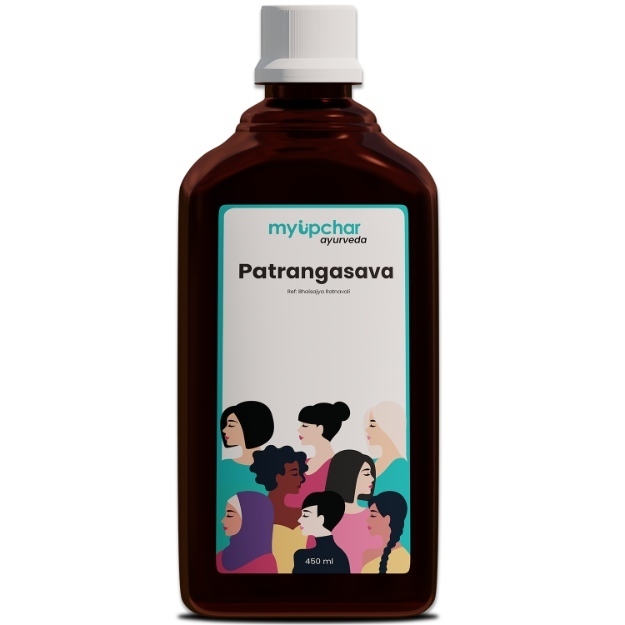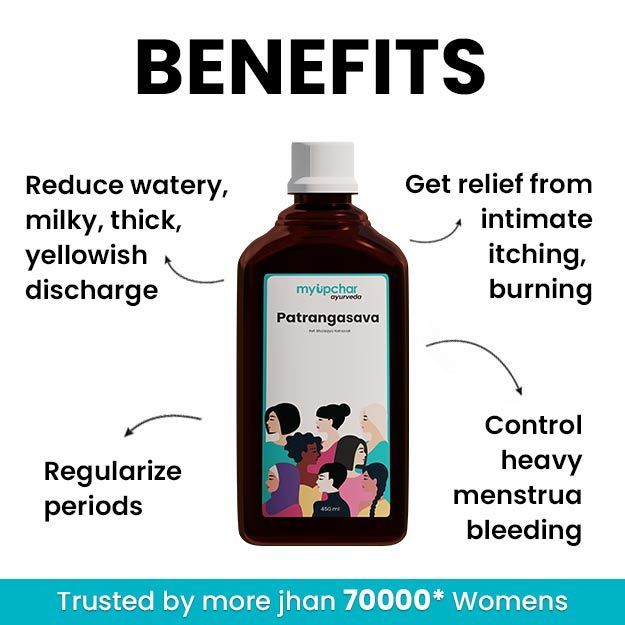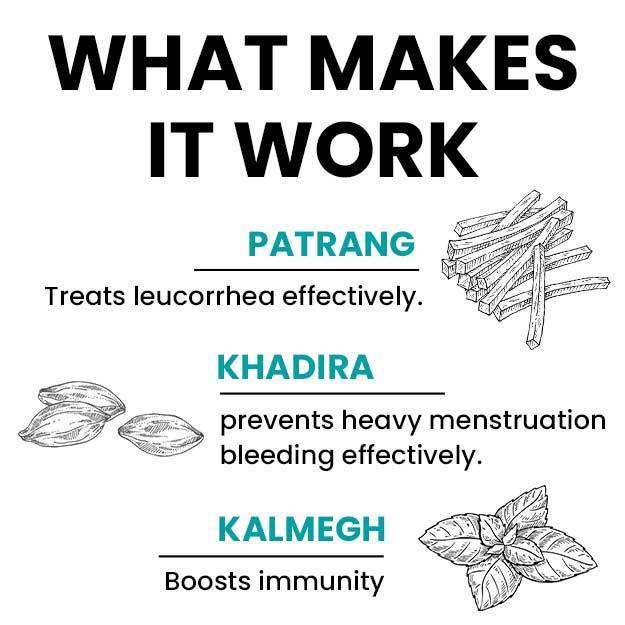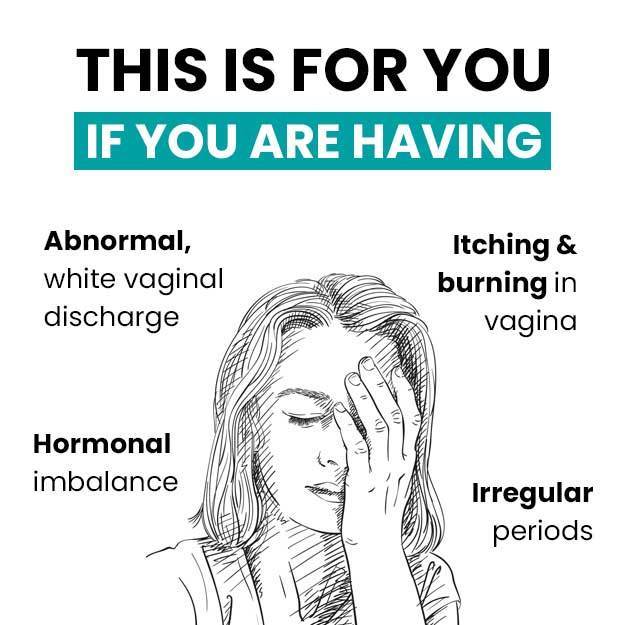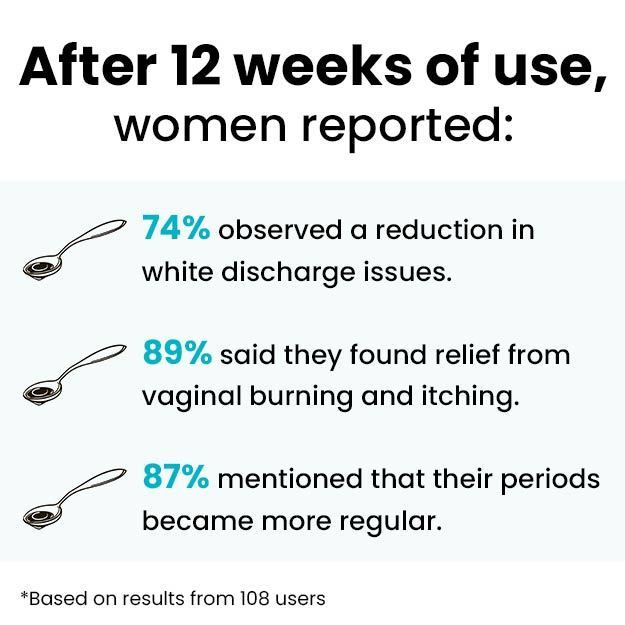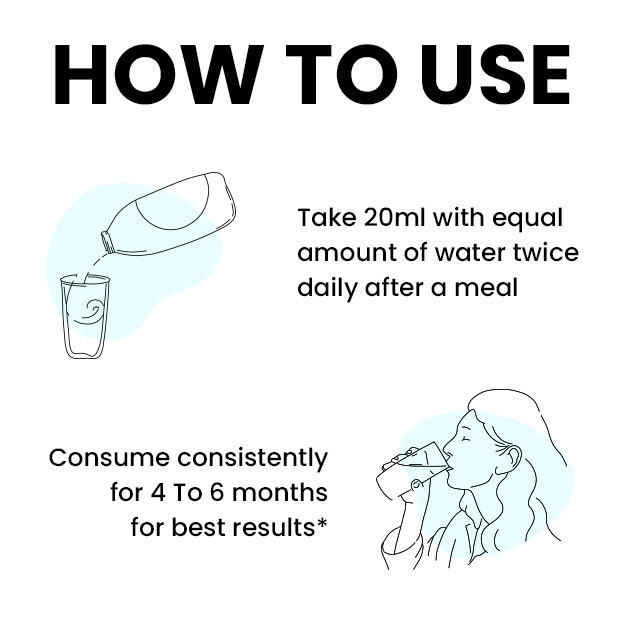When a woman is about to become a mother, there is no limit to the happiness of her and the family members. But during pregnancy, many discomforts can occur due to hormonal and other changes in your body. The experience of pregnancy is different for different women. Most pregnant mothers have to deal with problems ranging from morning sickness to swelling in hands and feet. These discomforts are not so dangerous but they need attention. With some small changes, you can easily overcome these discomforts. If you have any concerns about the discomforts being experienced during pregnancy, you can contact your doctor.
(Read more – Symptoms of Pregnancy After Ovulation)
- How To Handle Vomiting During Pregnancy
- Natural Heartburn Relief For Pregnancy
- How To Deal With Tiredness During Pregnancy
- How To Get Rid Of Constipation During Pregnancy
- How To Clear Blocked Nose During Pregnancy
- How To Relieve Back Pain During Pregnancy
- How To Reduce Swelling In Hands During Pregnancy
- Home Remedies For Leg Cramps During Pregnancy
- How To Treat Insomnia During Pregnancy
- How To Relieve Bladder Pain During Pregnancy - How to Relieve Bladder Pain During Pregnancy in Hindi
- Summary
How To Handle Vomiting During Pregnancy
Nausea and vomiting during pregnancy are commonly known as morning sickness. It is common during the first trimester and usually lasts until the fourth month of pregnancy. The exact cause of morning sickness is not known, but experts believe it is caused by increased levels of estrogen, increased levels of human chorionic gonadotropin, gastric problems and nutritional deficiencies. Morning sickness usually does not cause any problems for the unborn baby.
Solutions -
- Eat small amounts of food at short intervals and do not skip meals.
- Try eating something salty or spicy before getting out of bed in the morning.
- Drinking ginger tea or smelling lemon can help calm nausea.
- Eat healthy snacks before going to bed at night
- Avoid eating foods whose taste or smell makes you feel nauseous.
(Read more – Diet during the first month of pregnancy)
Natural Heartburn Relief For Pregnancy
Heartburn is caused by stomach acid going back into the esophagus. This problem is very common during pregnancy due to hormonal changes and pressure on the stomach from the growing womb. You can take some medicines for this, but these are not allowed during pregnancy as it can have a permanent effect on the baby born.
A 2017 study published in the Journal of Allergy and Clinical Immunology states that children born to mothers who take heartburn medicine during pregnancy may be at risk of asthma.
Solution -
- Mix 1 tablespoon of apple cider vinegar in 1 cup of warm water and drink it twice a day.
- Drinking hot ginger tea also helps.
- Eat food slowly and chew it well.
- Stay away from greasy or fried foods, coffee and cola.
- Do not lie down for at least 30 minutes after eating.
(Read more - Health Benefits for Pregnant Women)
How To Deal With Tiredness During Pregnancy
Fatigue and exhaustion are another common problem for pregnant women, especially in the first and third trimesters. From the very beginning of pregnancy, your body prepares itself to support the baby. During this time, you may feel tired and prefer to sit or lie down more than usual.
A 1999 study published in the American Journal of Perinatology reported that women in the first trimester of pregnancy are significantly more tired than non-pregnant women.
Immediately after conceiving, your body goes through a lot of changes. Rising levels of progesterone make pregnant women tire more easily. Also, low blood pressure and blood sugar levels during pregnancy contribute to fatigue.
A 2004 study published in the Journal of Advanced Nursing suggests that fatigue during pregnancy increases the chances of cesarean delivery. In fact, managing fatigue can help reduce the number of cesarean cases.
(Read more - Benefits Of Watermelon For Pregnancy)
Solution -
- Get plenty of rest every day.
- Listen to your body, if you are tired, forget everything and rest for a while.
- Take time to sit cross-legged during the day.
- Eat foods rich in protein as well as iron.
(Read more - How to reduce body heat naturally during pregnancy)
How To Get Rid Of Constipation During Pregnancy
During pregnancy, bowel movements slow down due to the increase in progesterone in the body. Also, if you are taking iron supplements during pregnancy, it can cause constipation.
A 2007 study published in Obstetrics and Gynecology states that constipation affects up to one-quarter of women during pregnancy and three months after pregnancy. If constipation is not treated early, it can lead to hemorrhoids, which can be very uncomfortable or painful due to the swelling in the veins around your anus.
(Read more - Should Probiotics Be Taken During Pregnancy?)
Solution -
- Eat foods that are high in fiber.
- Exercise regularly to keep your muscles toned. Light exercises can help digestion and relieve constipation symptoms.
- Drink plenty of water throughout the day.
- Talk to your doctor about your options if you think iron is causing you constipation.
(Read more - Round ligament pain during pregnancy)
Beneficial for women's health, controlling hormones like estrogen and progesterone, maintaining the health of the uterus, removing toxins from the body and reducing inflammation, definitely consume ashokarishta manufactured by myUpchar Ayurveda.
How To Clear Blocked Nose During Pregnancy
A stuffy nose is a huge inconvenience during pregnancy. It can make it difficult for expectant mothers to get the much-needed sleep. Nose blockage is caused by high levels of estrogen and other hormones, which affect the mucous membranes that line the inside of your nose. This problem can also be caused by high blood volume related to pregnancy. This condition begins in the first few months and persists until the baby is born.
Solution -
- Apply warm compresses to your nose.
- Try steam inhalations, especially before going to bed to enjoy proper sleep.
- Salt water sprays can clear your nose.
- Drinking herbal teas can help clear the nose.
(Read more - Pain during Pregnancy)
How To Relieve Back Pain During Pregnancy
Back pain, especially lower back pain, is another common discomfort during pregnancy. This problem usually occurs at the end of the second trimester and during the third trimester. Your lower back hurts during pregnancy due to weight loss, posture changes and muscle relaxation.
A 2008 study published in Current Reviews in Musculoskeletal Medicine reports that there is an increased incidence of pregnancy-related back pain. Lower back pain can be a common result of mechanical, hormonal and vascular changes related to pregnancy.
(Read more -Indigestion during pregnancy)
Solution -
- Do some light exercises to strengthen your back.
- Always keep your back straight while sitting, standing or walking, being careful to avoid slipping.
- Choose good chairs or put a pillow behind your back while sitting.
- Avoid wearing high heels and opt for flat shoes.
- Avoid lifting heavy objects.
- Avoid standing or sitting for long periods of time.
- Put a pillow between your legs for back support while sleeping.
- Use a firm mattress to get relief from back pain.
(Read more - Is it safe to eat fish during pregnancy?)
How To Reduce Swelling In Hands During Pregnancy
The toes, feet and hands often swell a bit during pregnancy. The extra production of blood and fluid in the body as your body prepares itself to support the unborn baby causes a lot of swelling. This type of swelling is not harmful to you or your baby, but it can be uncomfortable. Swelling usually begins around the fifth month and lasts until the third trimester.
Solutions
- Avoid standing or sitting for long periods of time.
- Do light exercises like walking.
- Wear comfortable shoes.
- While sleeping, use extra pillows to keep your legs elevated.
- Avoid consuming foods rich in sodium.
- Eat foods high in potassium, like bananas.
(Read more – Frequent urination during pregnancy)
Home Remedies For Leg Cramps During Pregnancy
Leg cramps are a common problem during pregnancy. These cramps occur mainly in the calves during the second and third trimester. The painful cramps may be caused by an increase in body weight or compression of blood vessels. It may also be caused by low calcium and magnesium levels during pregnancy.
Solution -
- To prevent leg cramps at night, stretch your leg muscles before going to bed.
- Do regular light exercises.
- When a cramp occurs, try to keep your leg straight and pull your toes towards your knee. This will reduce muscle pain.
- When the pain subsides, massage gently with warm oil.
- You can also apply a hot water bottle compress.
- Put pillows under your feet while sleeping.
(Read more - Bleeding During Pregnancy)
How To Treat Insomnia During Pregnancy
The hormonal changes and physical discomforts during pregnancy can affect the quality of your sleep. This could be due to your growing belly, heartburn, leg cramps or sinus discomfort. In addition, frequent nighttime urination also affects the quality of your sleep.
A 2012 study published in the Scientific World Journal found that more than half of the 486 pregnant participants reported insomnia. Although the sleep duration of pregnant women was within normal standards, it decreased with the increasing gestational trimester.
Pregnancy-related insomnia should not be taken lightly. A 2014 study published in PLOS One reported that insomnia during pregnancy can lead to depression.
(Read more - Leg cramps during pregnancy)
Solution -
- Develop a bedtime routine.
- Try meditation before going to bed.
- Drinking a glass of warm milk helps induce sleep.
- Eat a healthy, balanced diet rich in vitamins.
- Eat low-carbohydrate foods to get good sleep.
- Avoid computers, cell phones or TV before going to bed.
(Read more – Loss of appetite during pregnancy)
How To Relieve Bladder Pain During Pregnancy - How to Relieve Bladder Pain During Pregnancy in Hindi
Frequent urination and incontinence are both common bladder problems experienced by pregnant women. As pregnancy enters the last trimester, you start feeling the need to urinate at frequent intervals. This happens as the baby's head exerts pressure. Also, you may have difficulty emptying your bladder completely during urination. From around the sixth week of pregnancy, you may feel the need to urinate more often than usual.
Incontinence is another common problem that can affect you during and after pregnancy. Incontinence means not being able to stop sudden, sharp or small leaks of urine when you cough, laugh, sneeze or move around suddenly.
(Read more – Pelvic pain during pregnancy)
Solution
- Drink lots of water to dilute your urine.
- Prevent urinary incontinence by doing pelvic floor exercises.
- Avoid consuming fluids in the evening and at bedtime.
- When you go to urinate, lean forward slightly to help empty the bladder.
Summary
Women face various physical and mental problems during pregnancy, such as nausea, vomiting, fatigue, swelling, and mood swings. Treatment of these problems is important. Consumption of ginger and lemon is beneficial for nausea and vomiting. Nutritious diet and rest are necessary to overcome fatigue and weakness. Drinking as much water as possible is good to reduce swelling. Yoga, meditation and family support are important to reduce mood swings and mental stress. Regular consultation and checkup with a doctor is also necessary during pregnancy, so that any other type of problem can be avoided.
Find Obstetrician and Gynaecologist in cities
- Obstetrician and Gynaecologist in Bangalore
- Obstetrician and Gynaecologist in Mumbai
- Obstetrician and Gynaecologist in Ghaziabad
- Obstetrician and Gynaecologist in Chennai
- Obstetrician and Gynaecologist in Pune
- Obstetrician and Gynaecologist in Delhi
- Obstetrician and Gynaecologist in Hyderabad
- Obstetrician and Gynaecologist in New Delhi
- Obstetrician and Gynaecologist in Gwalior
- Obstetrician and Gynaecologist in Gurgaon
Doctors for Every Mother Should Know : Pregnancy Problems and Solutions

Dr. Ayushi Gandhi
Obstetrics & Gynaecology
4 Years of Experience

Dr. Anjali
Obstetrics & Gynaecology
23 Years of Experience

Dr.Anuja Ojha
Obstetrics & Gynaecology
20 Years of Experience



































